Initiation rituals in the Polytechnique military school
The Engineering Corps
The Military
Military Locations
Initiation rituals in the Polytechnique military school
Table of Contents
"For the motherland, sciences and glory", Motto of the school as written on the flag offered by King Napoléon and chosen by His Majesty in person.
Polytechnique is the best military school in the country, forming all the engineers of the French army! You are all extremely lucky to have had the chance to study among its walls and to now be part of the elite of the army and French society. You better behave with the dignity requires of this association and respect our glorious traditions!
The School
Creation
The school was created by Monge in 1799 to form engineer officers to fight in the revolutionary wars:
The Polytechnic School is intended to spread the instruction of mathematical, chemical and physical sciences, and of graphic arts, and particularly to train the students for the schools of application of the services hereafter designated. These services are the land artillery, the naval artillery, the military engineering, the bridges and roads, the civil and nautical construction of ships and civil naval buildings, the mines, and the geographer engineers.
— law of the 25 frimaire an VIII
Location
The school is located in Paris. It was first in the Hôtel de Lassay, a private townhouse taken from the royal family during the revolution of 1789. There it was located next to the Seine river, the Invalides building that welcomes retired and injured soldiers, and the Palais Bourbon, also taken from the royal family and where the national assembly sits. It has now been moved to the rue Descartes on the Montagne Sainte Geneviève in the previous building of a college, next to the Panthéon and surrounded by lycées, schools of higher education and science institutes.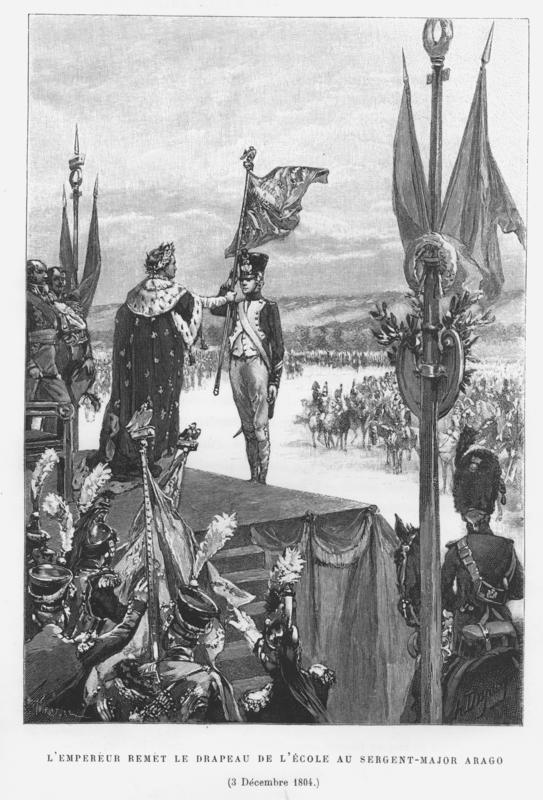
King Napoléon giving its flag to the École Polytechnique by Hyperion on Wikimedia Commons
The best location to always be au fait with what the government does and to participate in the last revolution!
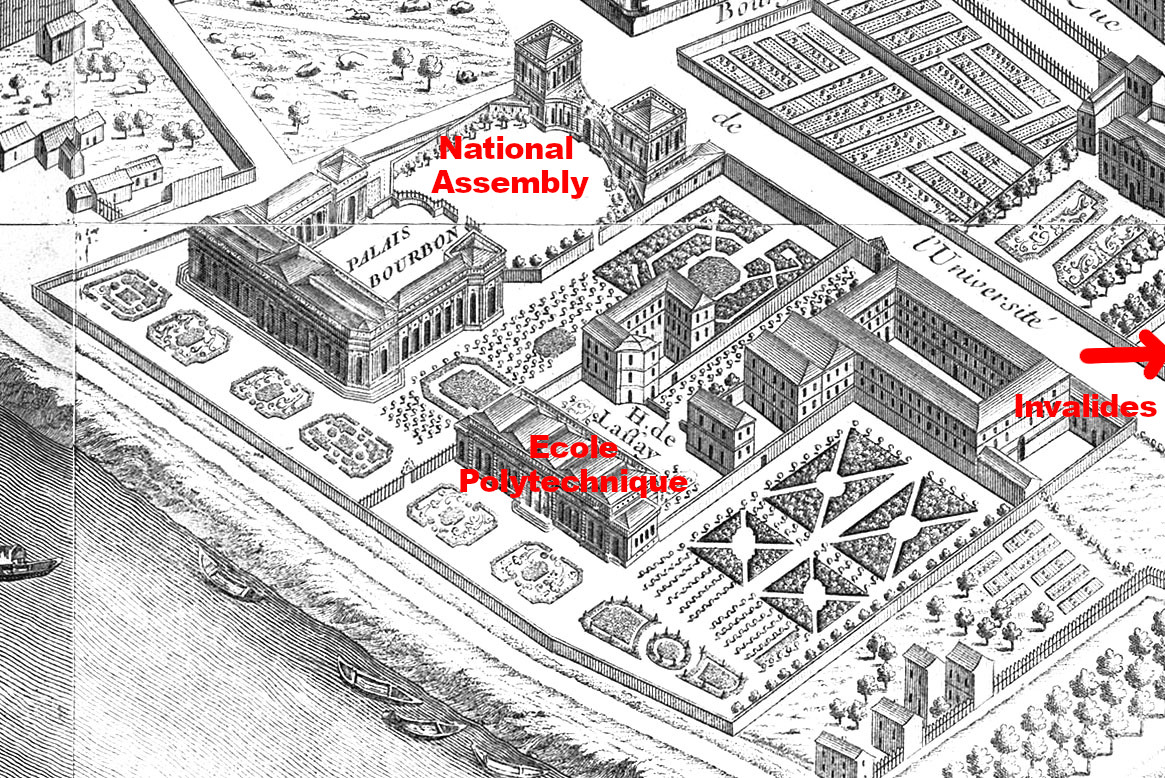
Old location hôtel Lassay by AmélieIS with Wikipedia Commons
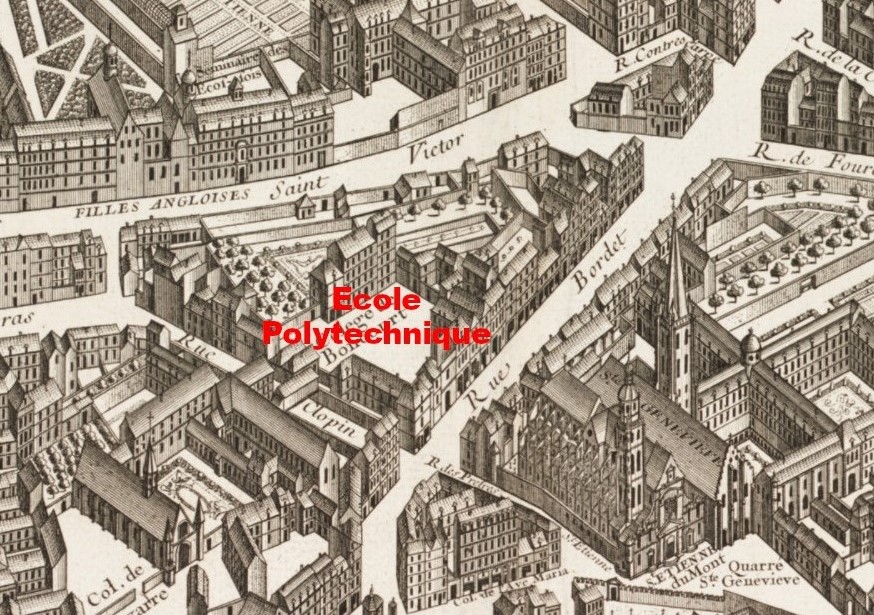
New location rue Descartes by AmélieIS with Wikipedia Commons
Schooling
The two main branches of study are "mathematics" (analysis, geometry, mechanics, drawing, runes) and "physics" (general physics, applied physics i.e. chemistry, alchemy, warding). An important part of the curriculum is devoted to experiment and lab work. However, in addition to those subjects, there are also some courses in "grammar and belles-lettres" and "history".
Do you know why the school is called "L'X"? No? What do they teach you during the initiation nowadays! It's of course because we're the only school in the world focusing so much on mathematics! If you ever meet someone wanting to gain honours and glory by pretending to be a graduate of our school, just ask them to solve a theoretical mathematical problem and you'll soon be unmasking all impostors!
Example of specific classes are:
- runes
- chemistry and alchemy laboratories
- hydraulics and water treatment
- geometrical and mechanical drawing
- wash drawings (technique using a single colour diluted to obtain different shades)
- drawings of architectural orders (proportions)
- surveying plans
- architectural treatise
- stereotomy (the art of cutting and assembling pieces in stonemasonry and carpentry with the aim of constructing architectural elements such as vaults, corbels, squinches...)
- stone cutting
- mechanics (includes "the art of throwing bombs")
- construction work (levelling and materials)
- siege exercises (include the creation of models, fortification being seen as an application of descriptive geometry)
- military exercises
- gymnastic
Show me your skills and paint the portrait of the Colonel! What do you mean you're not able to do that? Of course, all graduates of the school can draw! Were you sleeping during all your courses instead of making caricatures of your professors? What do they teach youngsters nowadays! Your initiation was worthless! Everyone in the brigade here is still carrying their drawing notebook around!
Students receive a very general formation for 2 years and only choose a "specialty" in their last year. During that year they have two semesters of study and one semester of research project. Among the specialities are bridges, mines, communication, alchemy, warding...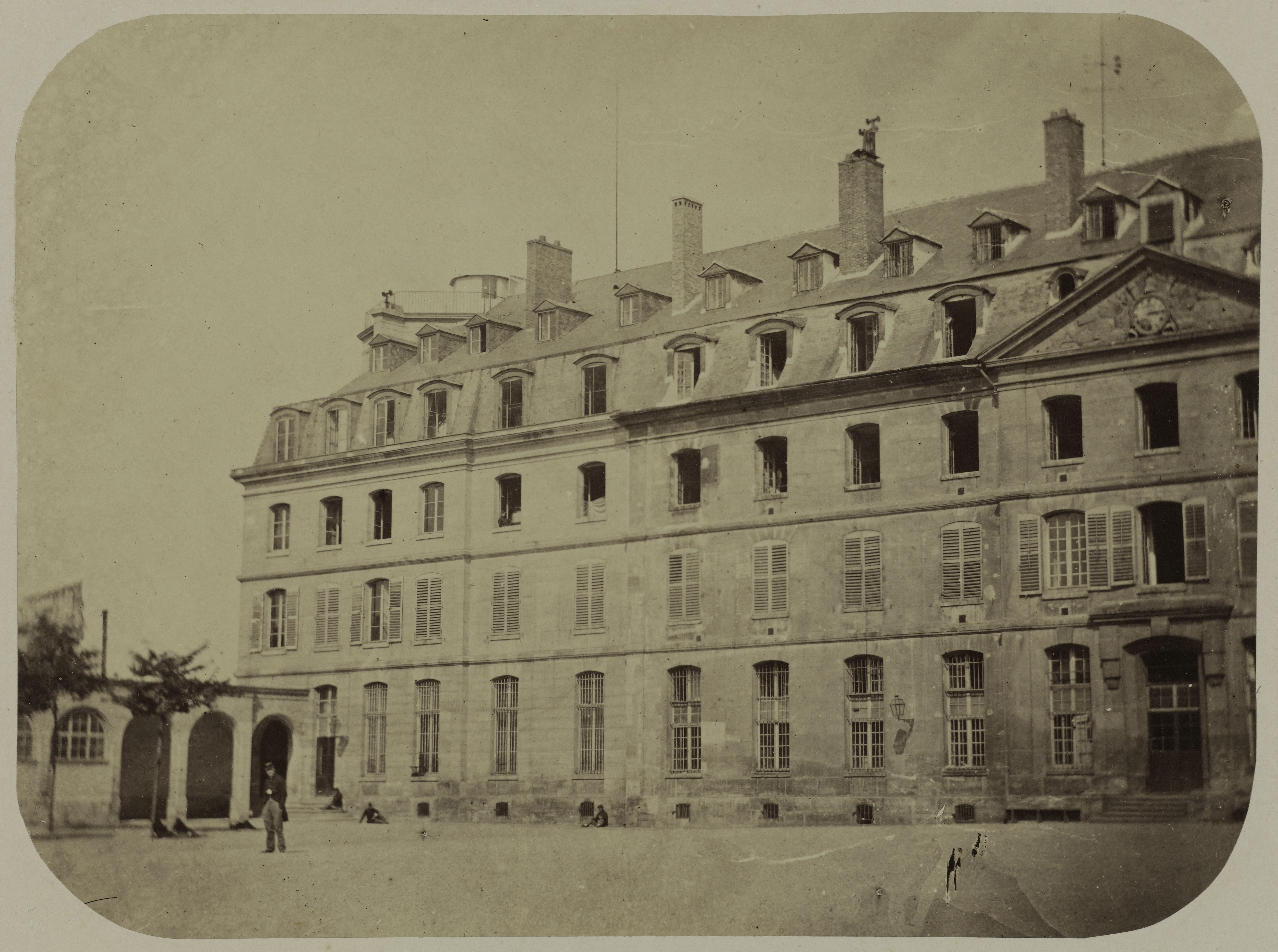
Building of the school rue Descartes by Musée Carnavalet, Histoire de Paris

The king reviewing the student body by Musée Carnavalet, Histoire de Paris

Review of the student body by Wikimedia Commons
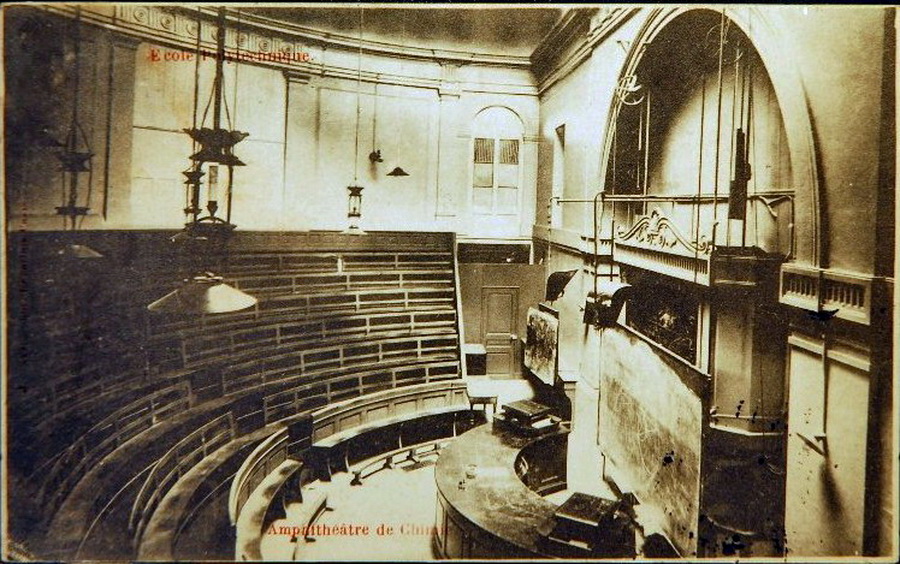
Chemistry lecture theatre by Wikimedia Commons
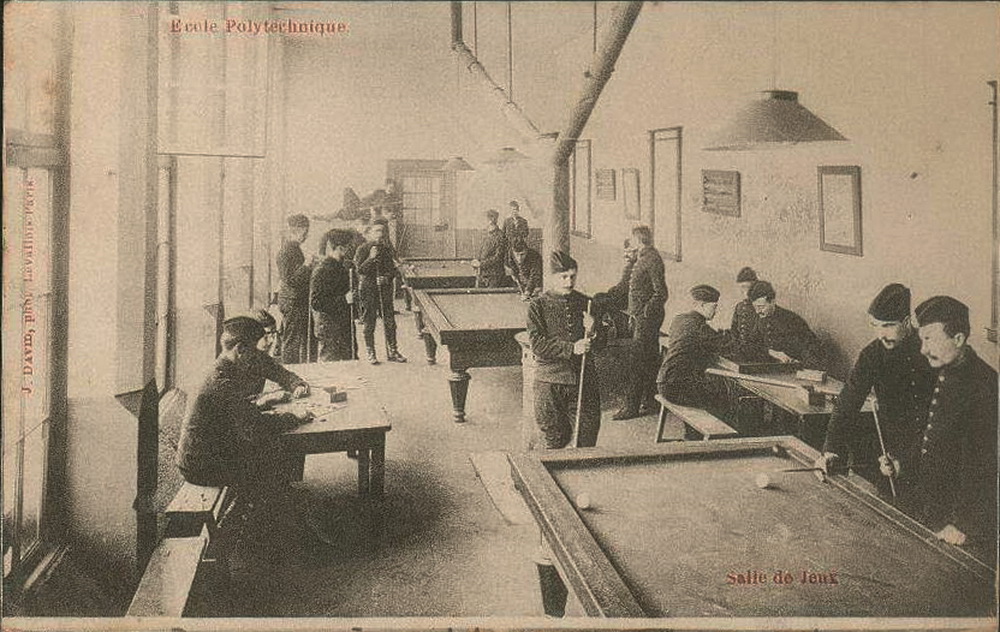
Students' play room by Wikimedia Commons
As you know, so many of our colleagues and professors have been world-renown scientists and have invented many theorems, magic and chemicals. Lagrange, Laplace, Monge, Fourier, Poisson, Carnot, de Morveau, Fourcroy, Berthollet, Gay-Lussac... The main goal of our division is to create ammunition and weapons for the army, but we also devote many hours to experimentation! I'm sure you've heard how Thénard has isolated silicon atoms for the first time in 1811 and then by the 1830s managed to create a new chemical compound, silicone polymers, and to combine them to create cloth with incredible magical properties such as is incorporated in our uniform. You better all be worthy of sharing the name of polytechnicians with the rest of us!
Military links
Schooling
All students in the school are automatically members of the army from the start of their second year of schooling. They have the rank of "aspirant" and receive a pay. During their schooling, all students have to do an internship in the army. On the day of their graduation, they are awarded the rank of sub-lieutenant. The school itself is led by a general. Every class of students is supervised by a colonel, and every company of students by a lieutenant.
Future career
Many students enter the engineering corps after their graduation, however not all of them do. Some will also join other branches of the army such as the artillery the medicine corps, or the administration of the army, or they join the national gendarmerie. A high number of students also go back to civil life as their formation is highly valued by all industries despite the competition from students formed in other schools. Indeed, the end of the 18th century was a popular period for school creation. Alongside the École Polytechnique were also founded:- the École nationale supérieure des mines de Paris founded in 1783 by Louis XVI to form engineers for the mines. Example of subjects taught are: process engineering, mine safety, economic management of resources and geopolitical strategies.
- the École normale supérieure founded after the revolution in 1794 so as to form to the art of teaching citizens already knowledgeable about "useful science".
No, don't hesitate to call all of those who go find a job in the civil industries by their just name: pantouflards! Sitting comfortable in their slippers in their office instead of having the courage to sacrifice their comfort for the nation and join the army!
Recruitment
Examiners are sent to all big cities in France so as to give oral exams to all candidates. Those exams are always about mathematics, and very often examiners are criticised for asking questions that are not covered by the official program. This program is supposed to cover geometry, measures, trigonometry, mechanics, arithmetic, geography, civil architecture and drawing. The number of candidates is around a thousand every year for 150 to 300 admitted. Since the 1840s, a written exam has also been added to the recruitment procedures.
The goal of the exams is to avoid all discrimination and only recruit on merit. This is in marked opposition with the engineering school that preceded Polytechnique, the École royale du génie de Mézières. Indeed, for a long time this school specifically favoured students from the nobility or from military family, before even blatantly barring anyone else from attempting to pass the exams. It is for this same reason that there is no longer any fee to register at the school. Even better, the students are paid 1,200 Francs every year.
However, without wanting to change this overtly, King Napoléon, Louis XVII and Charles X have all come back on those principles by adding specific tests as part of the entrance exams: Latin and painting, subjects only accessible for students whose family was able to pay for such schooling. King Lucien has not seen fit to go back on any of those measures. Grants can be accorded to talented but poor students to support their first year of studies before they are eligible to receive their pay, but they are limited to 24 every year.
- at the creation of the school, half of the students were coming from the working classes or from the low bourgeoisie, with 1/5 even coming from the sans-culotte part of the population.
- between 1815 and 1829, 60% of the students are from the high bourgeoisie and 0.4% from the working classes.
- from 1830, 56% of the students are from the high bourgeoisie and 20% from the middle bourgeoisie.
Who cares about your family's noble title? With all the other graduates of the school we all form a new Nobility of the State! Just like Saint-Simon would have wanted! Engineers and scientists should be the one ruling the country—not all of this precious Nobility of the Blood who is filled with ignorants who haven't done anything remarkable in generations! And you other there, don't bother me with your revolutionary ideas that everyone should be perfectly equal! Do you really want to be ruled by the first idiot you meet in the street? You should be grateful to the government for giving us this chance to elevate our status to its just place!
The initiation rituals
The tradition and language
The tradition of the initiation rituals started when King Napoléon transformed the school into a military institution and made the students live in barracks. Now forced to be constantly under the eyes of their superiors, their gestures watched at every instant, the students joined forced together and started to form a more united group. Life in society involves the observance of a number of rules, as well as sanctions for those rules to be effective. The initiation rituals were created so as to inform the new students about this rich set of customs and traditions, and to unite the students in a secret brotherhood with strict rules in order to face a hated administration.
The initiation consists of a series of rituals taking place during the first two months of the new students' first year so as to welcome them properly into the school. It is considered to be an important moment of their moral formation. During this initiation, the new students, called "conscrit", have to learn a specific set of vocabulary, the Argot de l'X. This agreed language marks the entry into a new life and aims to erase all previous differences between the students. It completes the effects of the uniform and the boarding school, to make everyone part of an interdependent whole and make everyone enters this new reality on an equal footing.
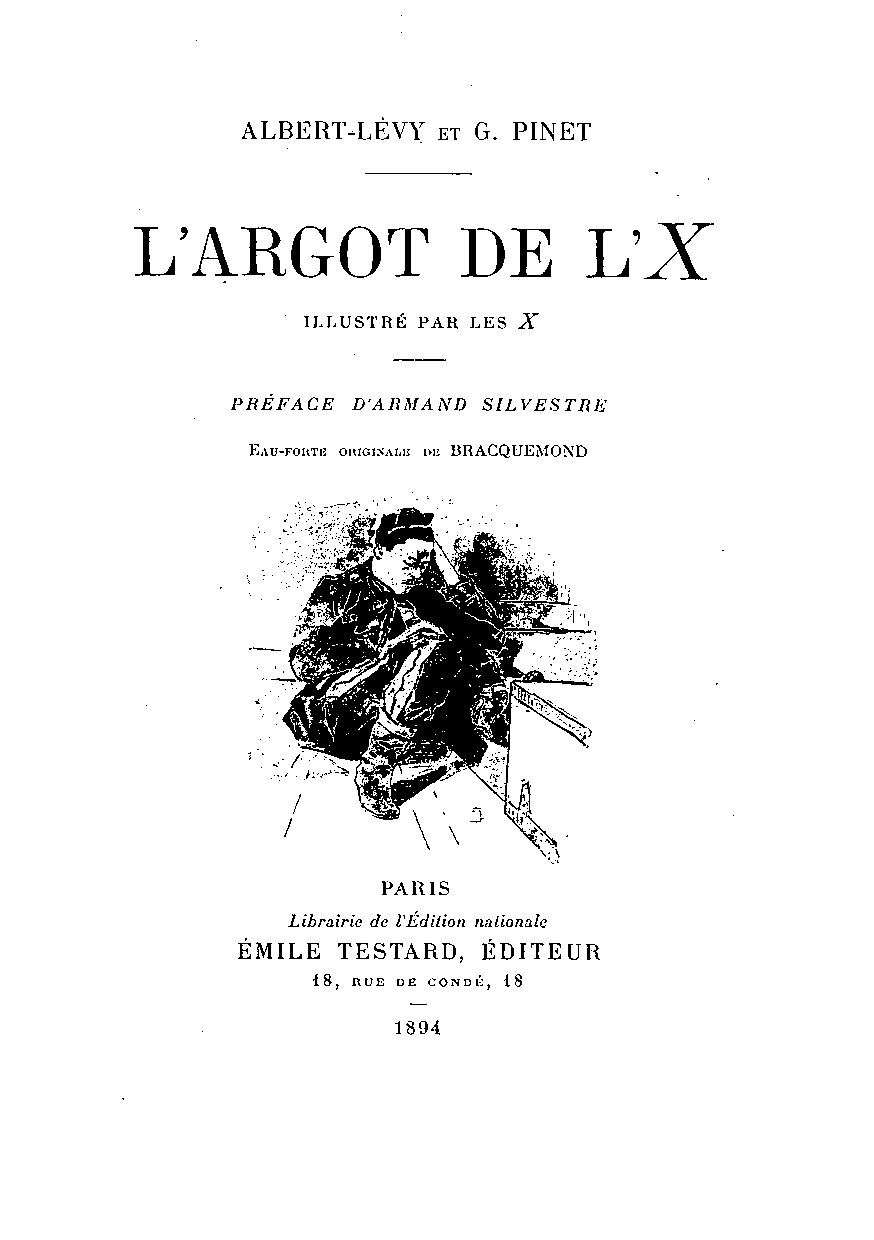
Cover of the Argot de l'X by Wikimedia Commons
The Code
The conscrits also learn about the Code X by assisting to its formal reading. This document defines the customary laws and rights of the students. It is treated as a constitution and any change made to it has to be approved by three successive classes of students. Among its articles, it defines how defined how "topos" are written documents, sometimes petitions, which are circulated through the student body and everyone can add some writing to them to participate in the discussion.
It also defines how chahut is approved. Chahut is a big disorder that could get the whole class punished by the administration, such as disturbances during lectures, loud singing to cover a formal speech made by a superior, or a refusal to salute the king during a parade or visit. Chahut needs to be approved by the vote of a minimum of two third of the student body.
It also explains very clearly what kind of punishments should be imposed on troublesome students:
- the blâme: voted by a simple majority of students. A long-winded speech to reprimand the culprit.
- the rond: voted by two third of students. All students are brought in the the main lecture theatre and the culprit is publicly reprimanded.
- the quarantaine: voted by three fourth of the students. The culprit is completely isolated from the rest of the student body who are forbidden to speak to them inside or outside of the school. They cannot join the dinners organised for the whole class, join in the cafés or others outside the school where the students gather, write on the topos, vote, have study partners... If another student breaks the quarantine, they too will be subjected to punishments.
Uniform of the École Polytechnique by Wikimedia Commons
And from this we can all take the very important lesson that problems are always better taken care of between ourselves without involving the politicians!
The rites of humiliation
However, the most important part of the initiation comes afterwards in the form of rites of humiliation. The proclaimed goal of these rites is to mortify the self-esteem of the students and to cure the vanity caused by their success at the entrance exams.
Of course, the initiation is necessary! And if you don't remember the lessons it taught you and start to behave like a snobby little snot, we can all take care of refreshing the memory!
Among specific rites taking place during the initiation, classics are:
- making the conscrits say or sing something humiliating and creative such as "I am a shapeless larva in front of a beautiful butterfly".
- asking their own exam questions to the conscrit such as:
- Q: If a chalk line is drawn on a wall, what is the name of the physicist represented? A: Réaumur; with "ré" homophone of "raie" (line), "au" meaning "at" and "mur" "wall".
- Q: How would you eat on a deserted island, having only a cane of rush (jonc in French)? A: I would describe a circumference with the cane for radius, I would thus have two pigeons (pronounced similarly to "2 pi jonc").
- Q: What did Chambergeot not have when he died? A: not sixteen years. Q: In what did Chambergeot die? A: In the interval. With Chambergeot a previous candidate having been ranked first in the written entrance exam but having died before he could take the oral exam, and the story having been made famous among the students.
- destruction of the personal clothes and uniforms of the conscrits with chemicals.
- disturbance and movement of all beds and bedding in the middle of the night, in particular the "pisurdeutage" which consists in raising the beds vertically while their occupants are still inside.
- "kryptage": second years wearing masks wake up a conscrit in the middle of the night, announce what they are accused of, and kidnap them to make them submit to the appropriate punishment. Once released, the conscrit is forbidden for talking about what happened.
- being submitted to the "bascule": a conscrit is lying on top of a stool that is then carried up and down with jerky movements.
- being submitted to the "crapaudine" (from crapaud meaning toad): a conscrit is lying and attached on top of a stool and he is "watered" with "hydraulic bombs".
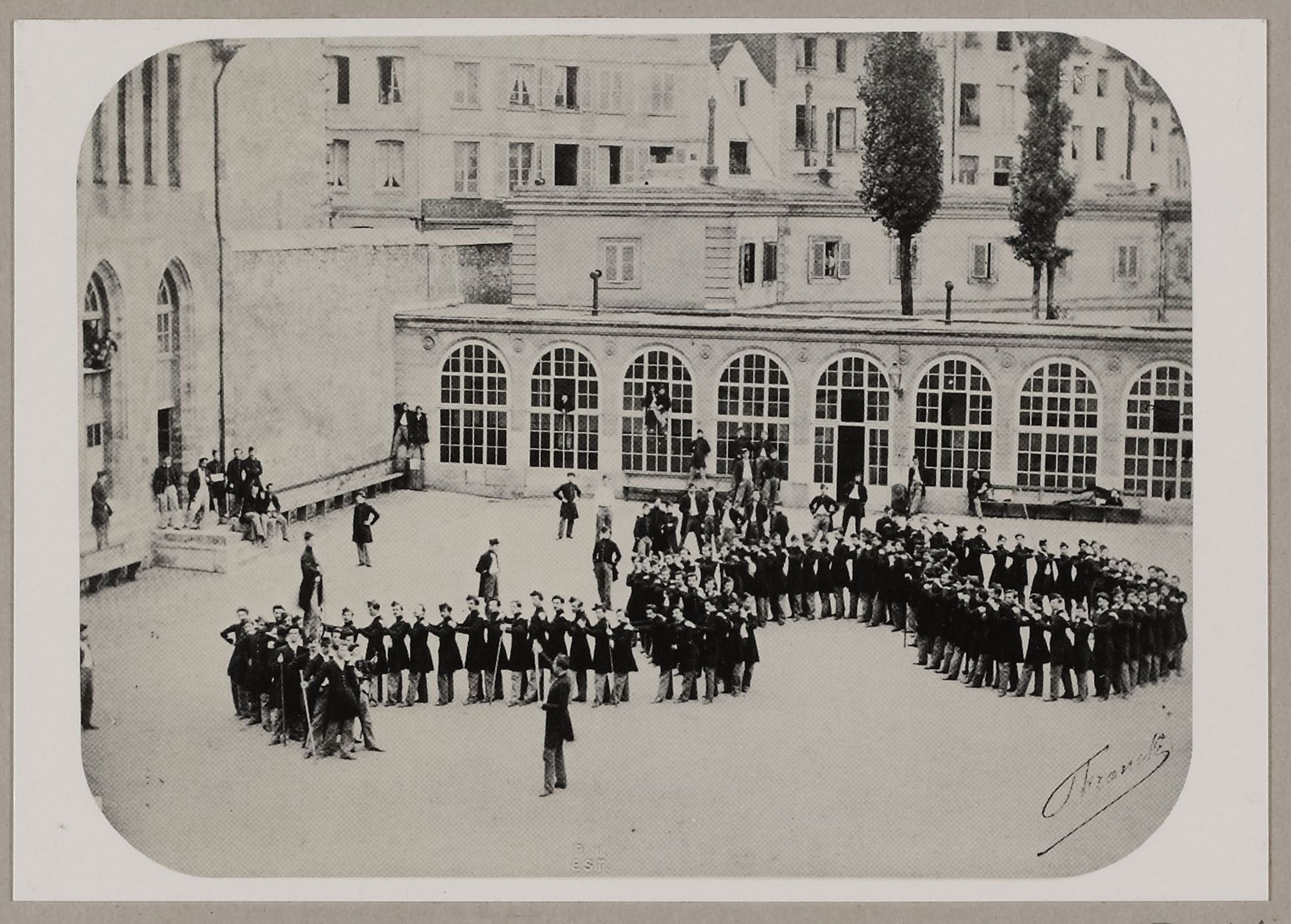
One of the initiation rites of the students by Musée Carnavalet, Histoire de Paris
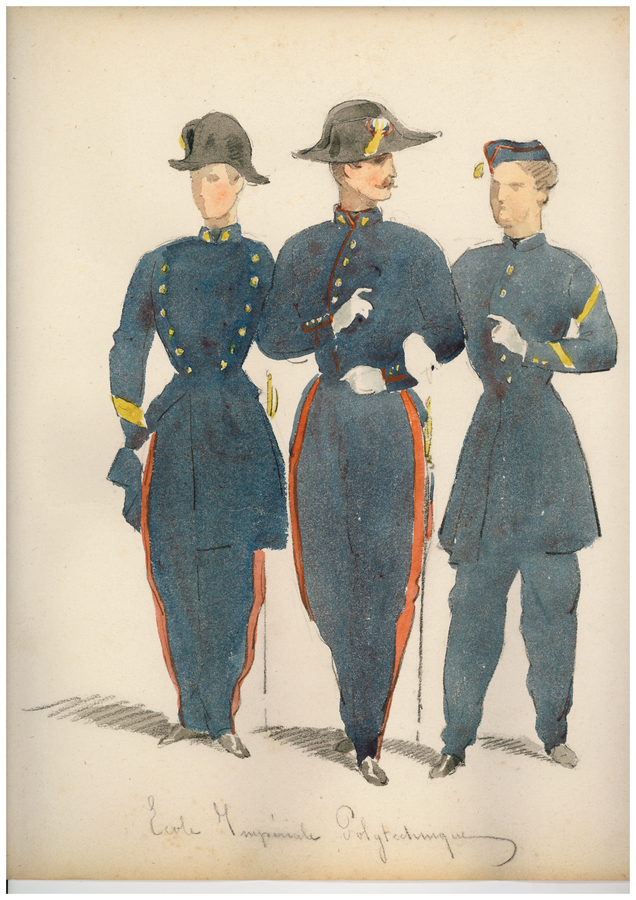
Polytechnique students by Wikimedia Commons
Adalinde pinched her lips as the second-year stopped in front of her.
"Well, well, well. What do we have here? A Flemish girl. And what has brought you among us, Flemish girl? All alone so far from home..."
A few sniggers erupted, but they soon stopped as the whole student body fell silent to better appreciate the drama.
What would happen now would define how the next three years in the school would go—and probably if they would be allowed to go at all. Adalinde forced herself to meet the second-year eyes squarely.
"I am sure," she enounced clearly in an attempt to hide her accent, "that you are aware of how His Majesty has made the conquest of Flanders and given us the honour of becoming French." Thankfully, the stress and adrenaline rushing through her veins helped her say that without any trace of sarcasm.
The second-year sneered. "High honour indeed for you all to finally join civilisation. We'll have to take special care of you, conscrit, just to make sure you learn the good manners that are necessary in civilised society."
Hands fell on Adaline's shoulders from behind, and she stumbled as she was pushed forwards in the middle of all the students. Loud laughter surrounded as the first-year finally allowed themselves to relax and enjoy the show.
—Events having taken place 15 years before the start of the novel. A furture short story will show how Adalinde will get out of those troubles


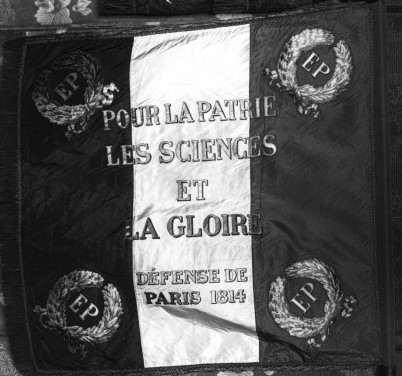
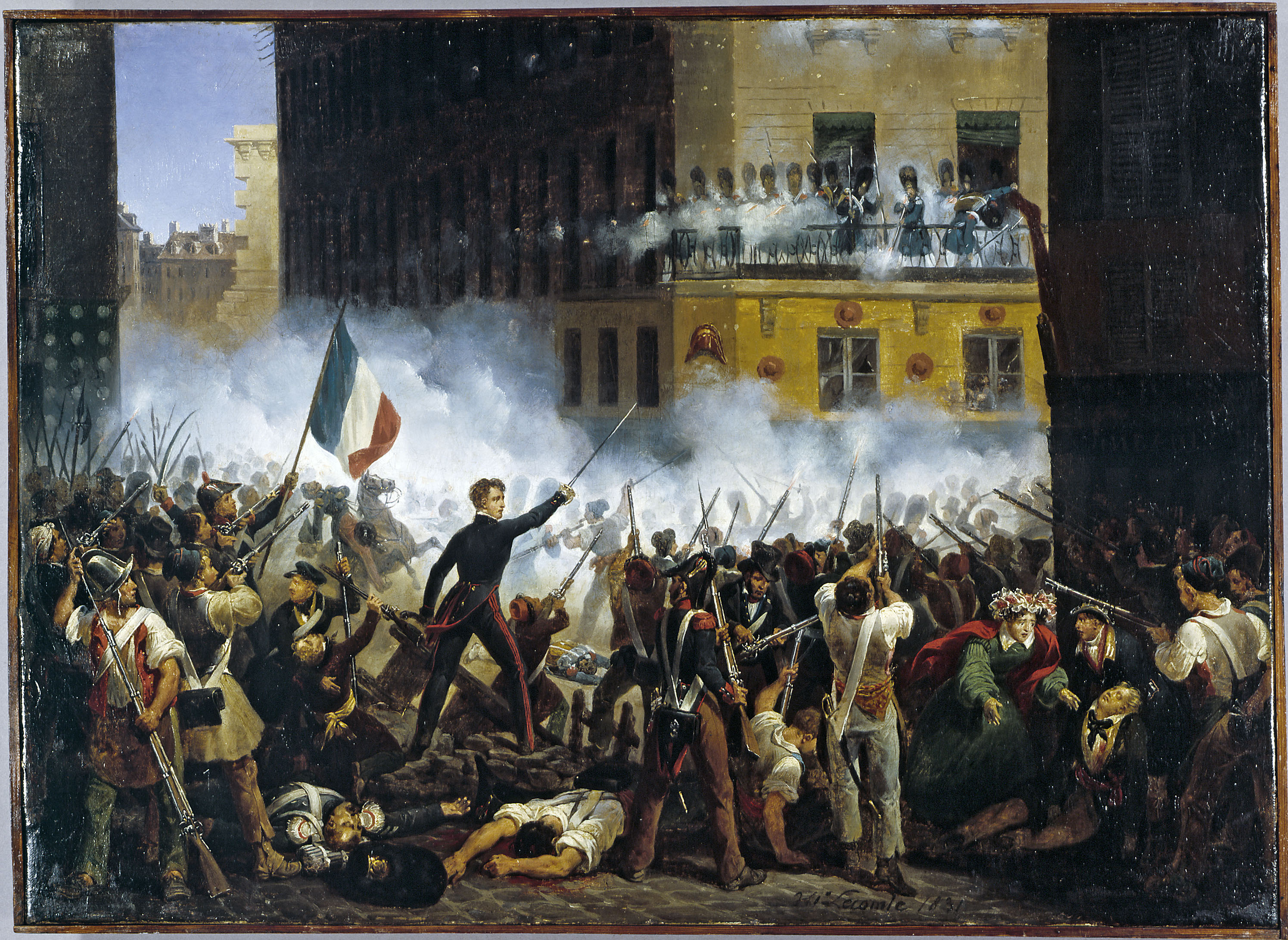
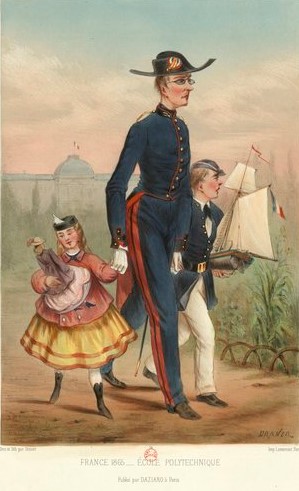
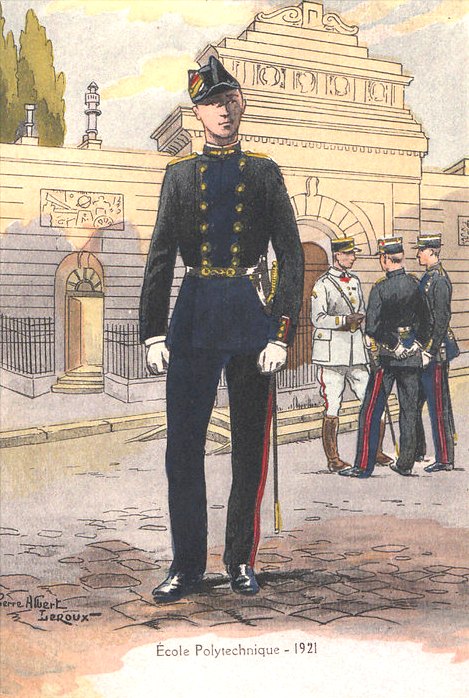
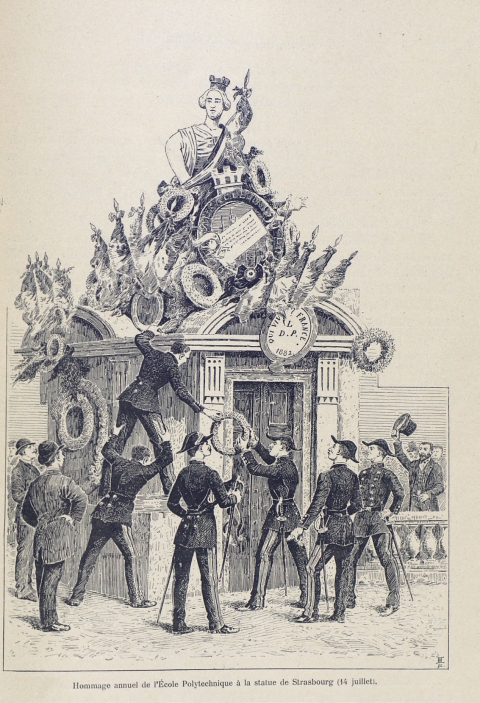



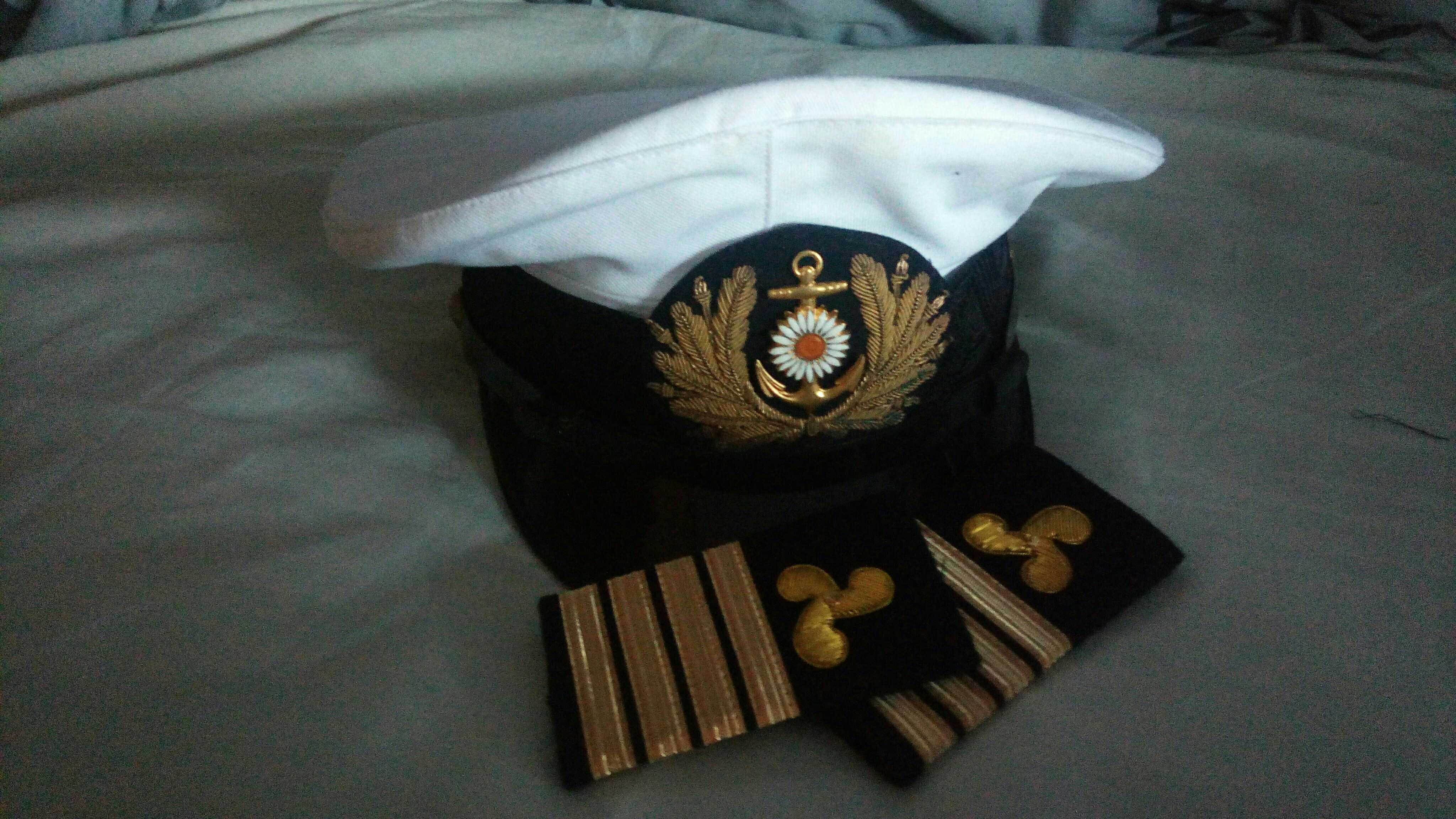
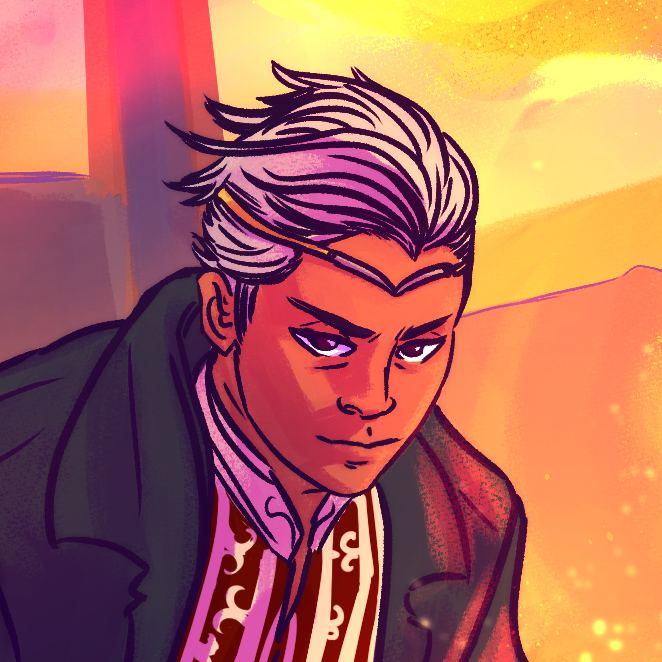
Wow, what a fantastic read this was. Learned some true French history there, so it feels! Other than the weird sentence I notified you about, there's nothing much I can say other than: Keep up the great work! :D
Thanks a lot for the read and comment :D